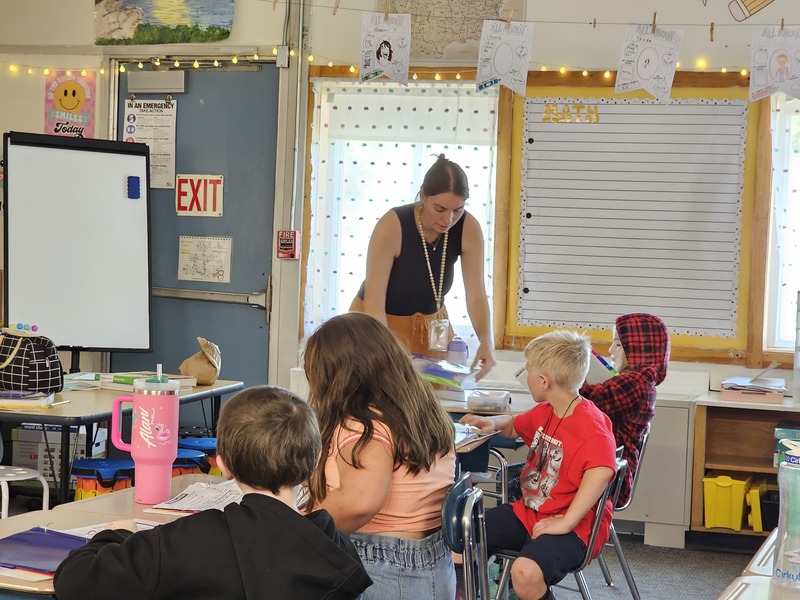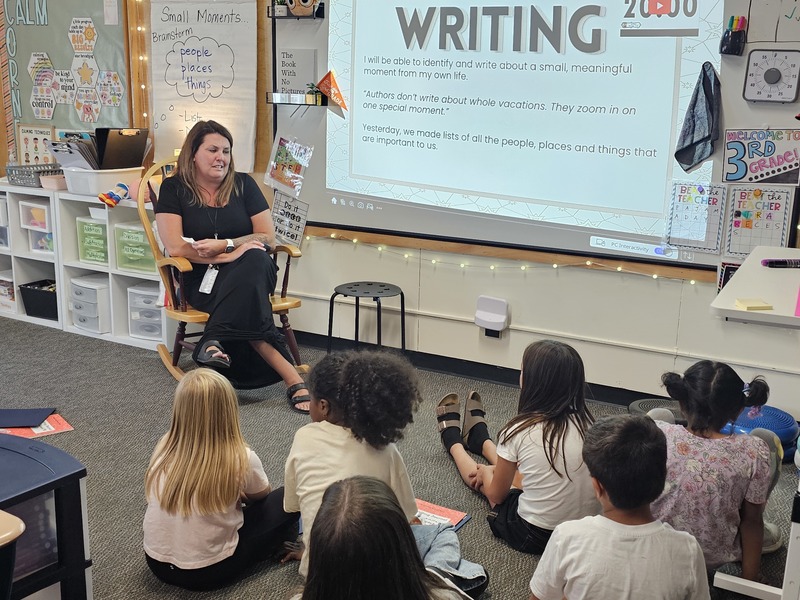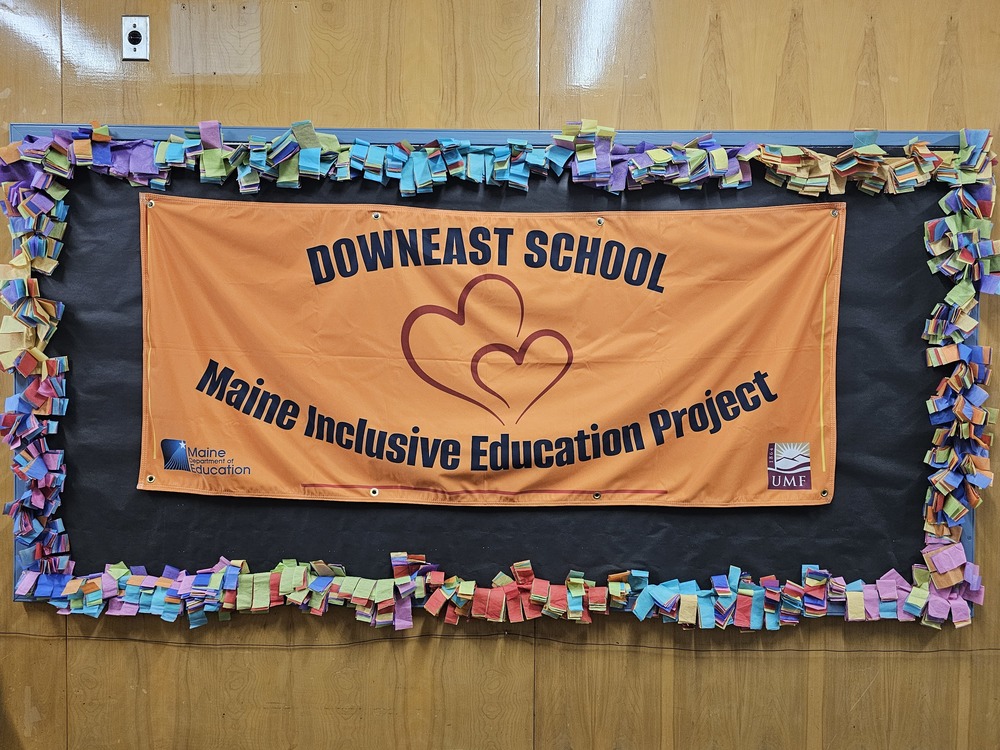This year, Downeast School stands out as one of three elementary schools participating in a groundbreaking state-run pilot program aimed at transforming how special education is integrated into general education.
Principal Sarah Vickers has been at the forefront of Downeast’s efforts to better serve students with disabilities. With approximately one-third of the student body requiring special education services, Vickers emphasizes the importance of fostering an inclusive environment. “Our goal is to transition students into a less restrictive setting,” she explains. “We want them to spend more time in the general education classroom, supported by tailored strategies that meet their diverse needs.”
For several years, Downeast has championed collaboration among educators, proactive classroom management techniques, and lesson planning that addresses the variety of student requirements. The pilot program, developed in partnership with the University of Maine at Farmington, is set to enhance these initiatives further.


The pilot program aims to break down the traditional silos that have historically separated students with disabilities from their peers. With funding from the Individuals with Disabilities Education Act, it seeks to provide leadership and teacher training that will enable schools to more effectively incorporate inclusive practices. Downeast, along with Turner and Leeds Central Schools, is committed to this paradigm shift.
Tracy Whitlock, a special services coordinator with the state, emphasizes the importance of local investment in this initiative. “It’s crucial that educators are passionate about this work,” she says, highlighting the collaborative nature of the pilot.
At the heart of the pilot is the concept of Universal Design for Learning (UDL). Associate Professor Kate MacLeod, who is leading the program's professional development efforts, explains that UDL creates multiple pathways for student engagement. “By designing lessons that cater to various learning styles from the outset, we reduce the need for individualized support later,” she states.
In practice, this means that a single lesson might involve different groups working at varying levels of complexity, allowing all students to engage with the material in a way that suits them best. This approach not only aids those with disabilities but also benefits every student in the classroom. A universal approach can mitigate these issues, allowing all students to flourish in an integrated environment.
As the pilot progresses, Downeast School is poised to lead the way in demonstrating that inclusive education is not just a goal but a pathway to success for all students. With the right frameworks in place, the future looks bright for students in Bangor’s educational community.

